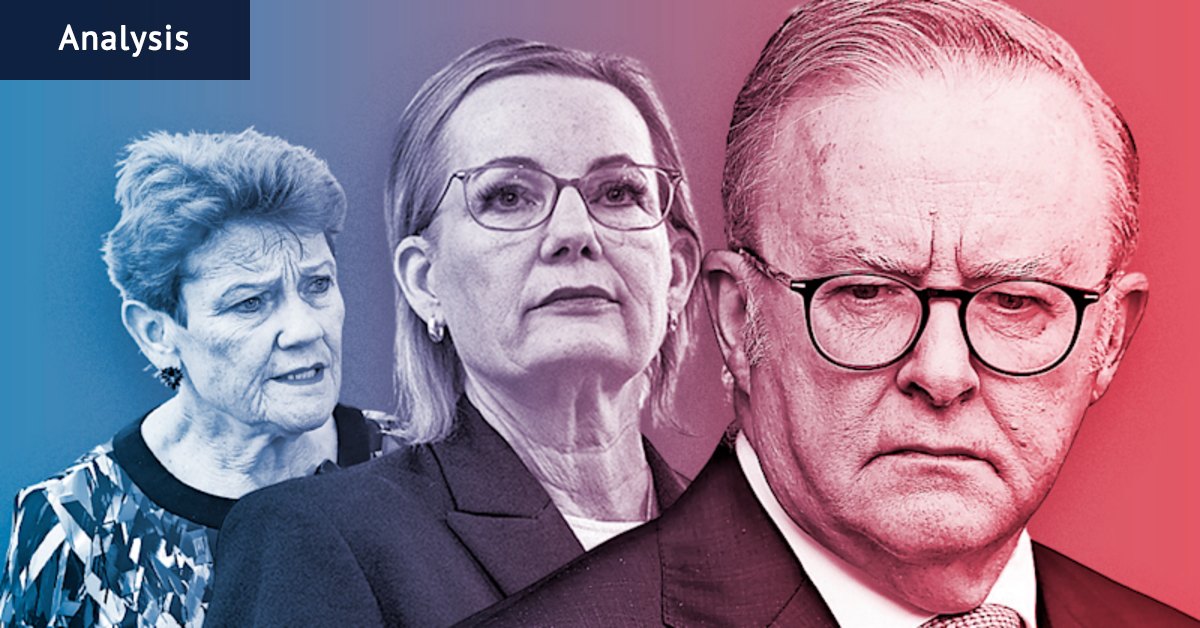
Broad COVID-19 vaccination has proven to be economically advantageous, particularly for older adults in the United States, according to a new study published in JAMA Network Open. The research, conducted by the University of Michigan in collaboration with the Centers for Disease Control and Prevention (CDC), highlights that investing in vaccination can save more money than it costs, offering significant health and financial benefits.
The study projects substantial financial savings and improved public health outcomes due to the vaccine’s ability to prevent severe illness, hospitalizations, deaths, and lost productivity across different age groups. As Lisa Prosser, PhD, the lead author and professor at the University of Michigan, stated,
“We show that a single dose of the 2023-2024 mRNA COVID-19 vaccine averted substantial illness and death across age groups, leading to economically attractive results for older age groups.”
Cost-Effectiveness Varies by Age Group
The research utilized a sophisticated computer model to simulate outcomes for hypothetical cohorts of vaccinated and unvaccinated immunocompetent adults, stratified by age: 18 to 49 years, 50 to 64 years, and 65 years or older. For those aged 65 and older, a single dose of an updated mRNA vaccine was cost-saving, with economic advantages surpassing expenditures. This demographic showed the most significant impact on severe outcomes, with projections of 391 hospitalizations and 43 deaths averted per 100,000 vaccinated individuals.
Vaccination for middle-aged adults (50-64 years) was identified as a sound economic investment, exhibiting an incremental cost-effectiveness ratio (ICER) of $25,787 per quality-adjusted life-year (QALY) gained. While vaccinating healthy young adults (18-49 years) also provided health benefits, it required a greater investment, with an ICER of $115,588 per QALY gained, falling within accepted limits for cost-effectiveness only under specific conditions.
Single Versus Multiple Doses
A single dose of the 2023-2024 mRNA vaccine was generally economically favorable across all age groups. However, a second dose was only economically justified for adults aged 65 years and older, particularly in higher-risk scenarios. For non-immunocompromised adults under 64 years, a second dose was not supported by the model economically. These findings align with current CDC recommendations.
Study Limitations and Broader Implications
The analysis relied on unpublished data, which the authors noted as a limitation. Additionally, the study used hospitalization data that did not differentiate between patients hospitalized due to COVID-19 and those with incidental COVID-19. The research also did not consider the potential impact of vaccination on reducing population transmission, and there are no randomized trials on the subject. However, the authors suggested that if broad vaccination reduces transmission, the benefits and value of vaccination would be even greater.
The study concludes that
“vaccination with an updated 2023 to 2024 COVID-19 mRNA vaccine for all adults in the US may be attractive not only for its expected health gains but also for its economic benefits.”
As the evidence base for COVID-19 vaccination and the burden of illness rapidly evolve, it will be important to continue updating and revising the economic evaluation of vaccination against COVID-19.
This development follows a series of studies highlighting the multifaceted benefits of vaccination, not only in preventing disease but also in sustaining economic stability. As public health policies adapt to emerging data, the integration of economic evaluations into vaccination strategies becomes increasingly crucial.







